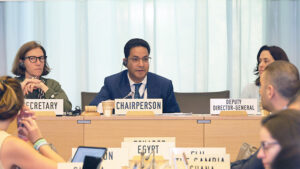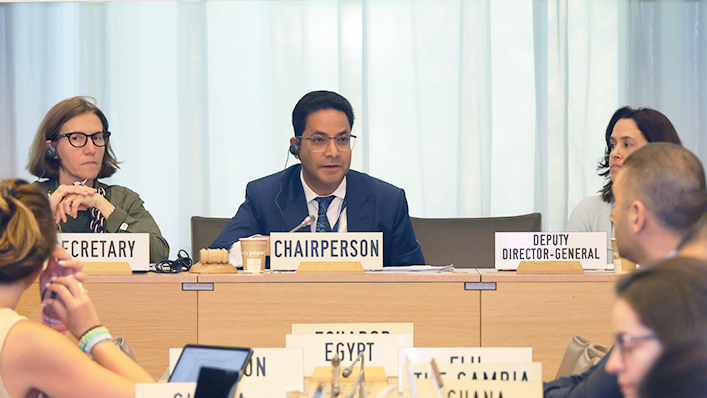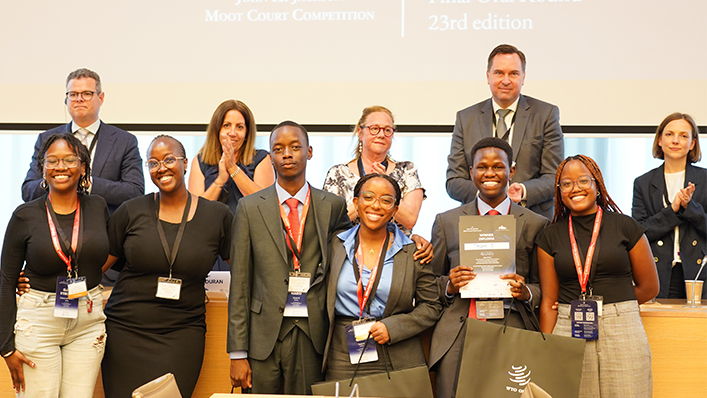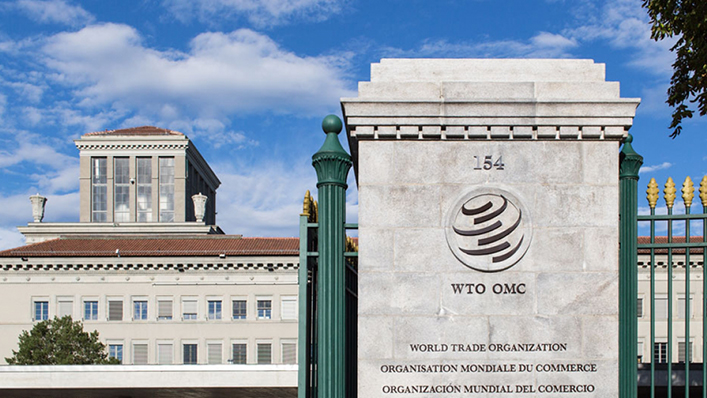
A joint IMF-World Bank report has urged India to strengthen the independence and authority of its financial regulators, including the RBI, SEBI, and IRDAI.
| Photo Credit:
JOHANNES CHRISTO/Reuters
The power and independence of financial regulators needs to be strengthened with legislative and institutional changes, a global report based on a recent assessment of the Indian financial system said.
Current laws allow the government to control senior managements and boards of regulators, the IMF-World Bank report said. The Ministry of Finance (MoF) is the appellate authority for the RBI and can overturn the latter’s supervisory decisions. In 2019, the government overturned the RBI’s decision to revoke the license of a small urban cooperative bank.
“While the RBI has taken steps to strengthen corporate governance, it has limited power to compel PSB mergers, pre-approve and remove board members, and supersede the boards. State-owned banks and some insurers are governed by their statutes, limiting regulators’ powers over them,” said the report, which is based on the work of the Financial Sector Assessment Program mission that visited India last year.
IMF has recommended transferring the appellate authority power from the MoF to an independent agency. Similarly, the IRDAI should have the power to take critical supervisory actions against the dominant state-owned life insurer. Corporate governance requirements for insurers should separate the role and the functions of an insurer’s board from those of executive management, which is essential for the transition to risk-based supervision.
“The RBI should issue more guidance on banks’ boards’ oversight function, ongoing suitability of the board, roles of independent members, and the management of conflicts of interest. It should discontinue the practice of placing RBI staff in the boards of banks to avoid conflicts of interest,” the study said.
Stress tests
The 103-page report further added that some banks, particularly those from the public sector, may need to strengthen their capital base to support lending during periods of liquidity shocks. There is a need to augment conglomerate supervision and enhance the capacity of regulators as well as financial institutions to better understand climate-related financial risks.
“The stress tests indicate that the scheduled commercial banks (SCBs) retain enough aggregate capital to sustain moderate credit growth even in severe adverse scenarios, although PSBs’ capacity to do so would be more limited. Supported by significant G-sec holdings, SCBs as a group show broad resilience to liquidity shocks. The UCB sector remains well-capitalized in stress scenarios; however, some are currently undercapitalized,” the report noted.
The analysis also indicates that bond funds are resilient against redemption shocks, suggesting that systemic risks from asset liquidation in the sector are more relevant than fund-specific liquidity risks. The corporate debt market development fund (CDMDF) currently can mitigate NBFC bond fire sales but not a broader corporate bond market dislocation.
“In stress scenarios, mutual funds may sell ₹7,000-26,000 crore worth of non-bank financial institutions’ bonds. With net assets of ₹3,800 crore and a government backstop of up to ₹30,000 crore, the CDMDF can offset mutual funds’ fire sales pressures if stress is limited to NBFC bonds. However, if dislocation spreads to other corporate bonds, additional support may be necessary to limit sharp price falls,” the report observed.
The report lauded SEBI for taking steps to prevent emerging risks in securities markets through the CDMDF, swing pricing and liquidity requirements for bond funds after their distress episodes as well as steps to protect investors in equity derivatives.
It said SEBI should consider undertaking its own analysis and avoid excessive reliance on disclosures and industry analysis, and collaborate with other agencies in the context of macroprudential oversight. Authorities could strengthen cybersecurity resilience by extending the framework beyond banks.
Published on April 5, 2025


















